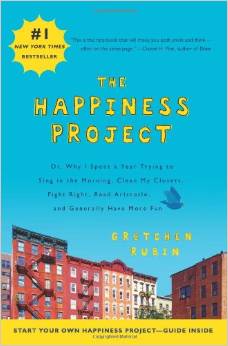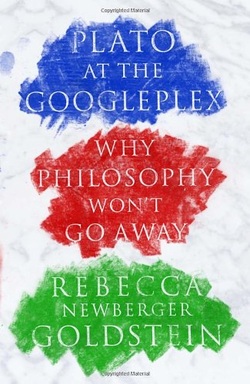, , , or a dandelion?
I’ve been doing some reading in the past couple of weeks about introverts vs. extroverts and ran across this comparison. It’s actually about children, not people in general. So, dandelions thrive anywhere, they’re tough, and they’re cheerful. They don’t know the meaning of the word “no.” But orchids . . . well, they’re finicky. They have exacting requirements for life. They’re either spectacular — or dead. Which are you, and which would you rather be?


 ntil I obey Him” (Rosaria Butterfield’s book, discussed on the previous post). I discuss this idea of the connection between our feelings and our actions in chapter two, “How Our Emotions Work” of my
ntil I obey Him” (Rosaria Butterfield’s book, discussed on the previous post). I discuss this idea of the connection between our feelings and our actions in chapter two, “How Our Emotions Work” of my 
